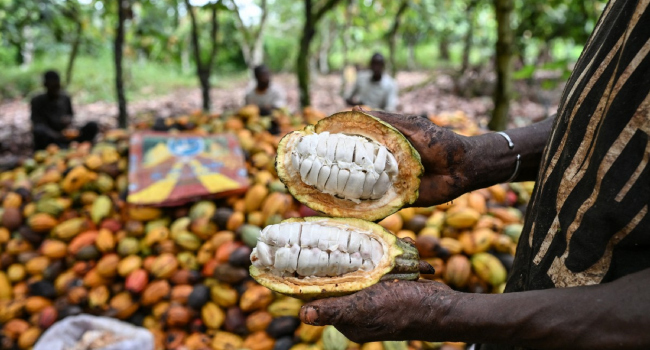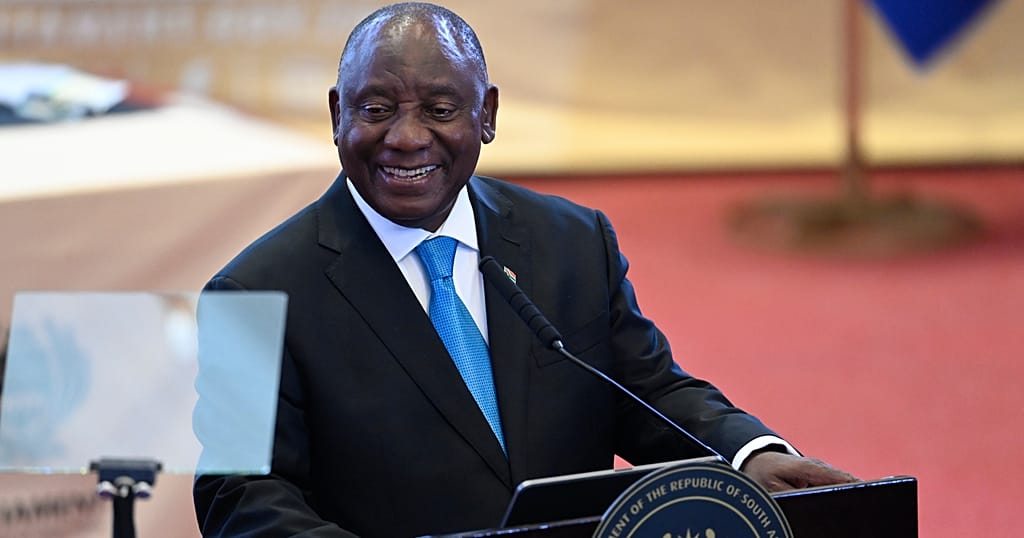Nigeria’s leading labor union has called on the federal government to prioritize domestic sales of crude oil in the local currency, the naira, to lower fuel costs and bolster economic stability. During a visit to the Dangote Petroleum Refinery and Fertiliser Plant in Lagos, leaders of the Nigerian Labour Congress (NLC) emphasized that requiring the refinery to purchase crude in U.S. dollars—despite Nigeria’s status as a major oil producer—undermines efforts to reduce consumer fuel prices.
“Why should Dangote import crude or pay for it in foreign currency when Nigeria produces it?” asked Funmi Sessi, chairperson of the NLC’s Lagos chapter, during the August 12 tour. She argued that mandating dollar payments for local crude raises production costs, which are inevitably passed on to citizens. The refinery, with a daily processing capacity of 650,000 barrels, has already played a pivotal role in stabilizing fuel prices after the government ended petrol subsidies in 2023, a move that initially caused prices to spike. “Dangote’s entry curbed the crisis. This shows the power of private-sector leadership,” she added.
The union hailed the refinery as a transformative national project, capable of meeting Nigeria’s fuel demand while serving West African markets. It also praised the facility’s production of Euro 5-standard fuel—a cleaner-burning, low-sulphur product aligning with global environmental standards—as a milestone for Nigeria’s energy sector. The adjacent Dangote Fertiliser plant, which exports to international markets, was highlighted as a model for reducing reliance on imported agricultural inputs and strengthening food security.
Devakumar Edwin, Vice President of Oil and Gas at Dangote Industries, outlined plans to deploy 4,000 compressed natural gas (CNG)-powered trucks to distribute fuel nationwide. This strategy aims to slash logistics costs, a major component of retail prices, while cutting carbon emissions. “These trucks will ensure savings from local refining reach consumers,” Edwin explained, stressing the initiative would complement, not replace, existing distributors.
The NLC underscored the refinery’s broader economic impact, citing its role in spurring job creation and industrial growth. Sessi contrasted Dangote’s success with Nigeria’s underperforming state-owned refineries, applauding billionaire Aliko Dangote for delivering a project that “restores faith in our industrial potential.” Edwin noted the group’s history of catalyzing competition in sectors like cement and sugar, expressing confidence the refinery would similarly attract private investment into Nigeria’s energy industry.
With the government under pressure to alleviate rising living costs, the NLC’s appeal spotlights a critical dilemma: balancing forex revenue needs with domestic priorities. Selling crude in naira could ease fuel affordability but may strain foreign reserves—a trade-off requiring careful policy navigation. As Africa’s largest economy seeks to leverage its resources for broader prosperity, the Dangote Refinery’s integration into this calculus remains a focal point for both policymakers and citizens.



